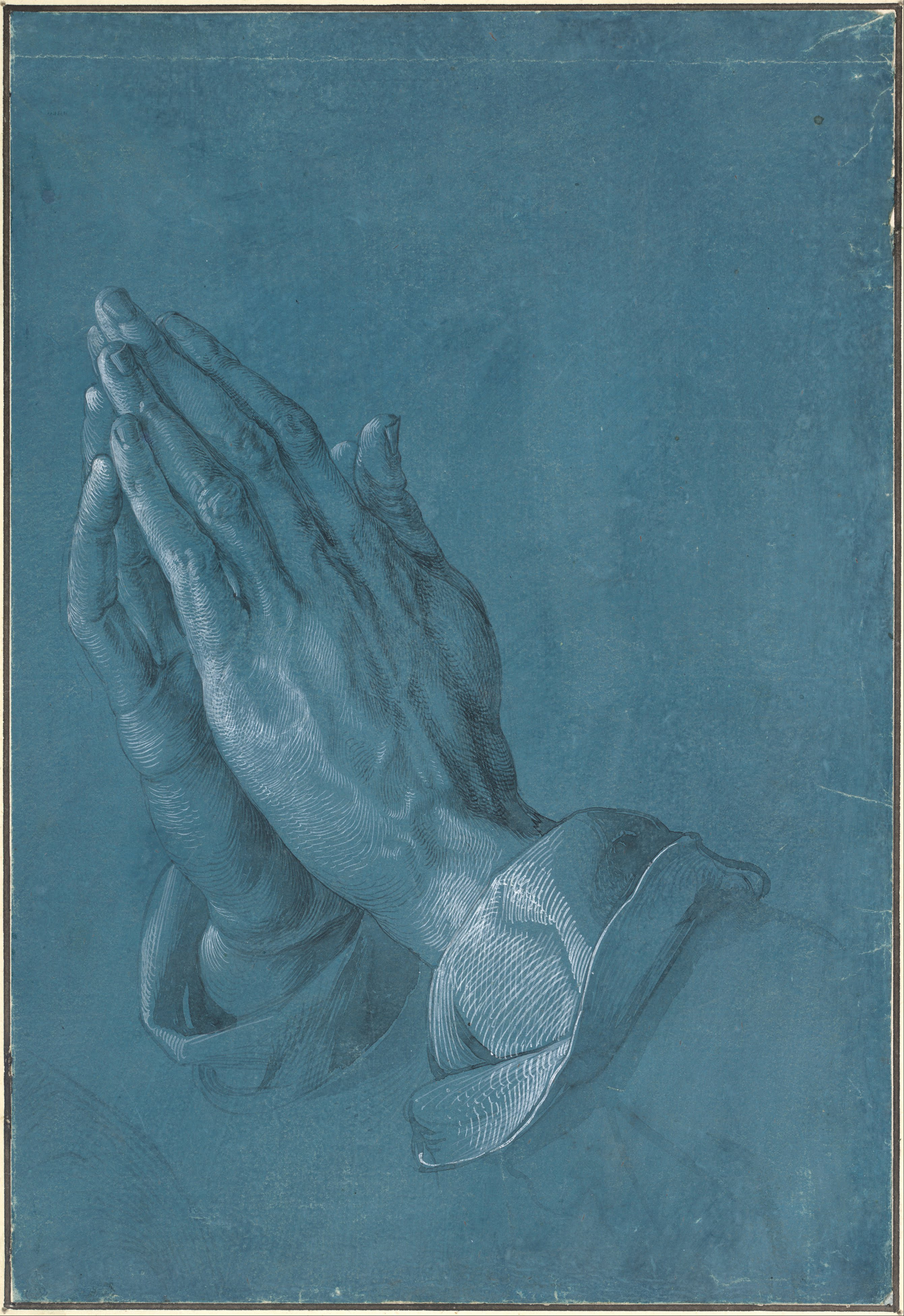Faith grows and takes hold of the heart
/Immediately the father of the child cried out and said with tears, “Lord, I believe; help my unbelief!” (Mk. 9:24)
“Do not say that faith in Christ alone can save you, for this is not possible if you do not attain love for Him, which is demonstrated by deeds. As for mere faith: "The demons also believe and tremble" (Jm. 2:19). The action of love consists in heartfelt good deeds toward one's neighbor, magnanimity, patience, and sober use of things.” (Saint Maximus the Confessor)
“Attention, taken to its highest degree, is the same thing as prayer. It presupposes faith and love. Absolutely unmixed attention is prayer.” (Simone Weil)
“You cannot, having never prayed before, start with eighteen hours of dialogue and prayer with God continuously like this while you do other things. But you can easily single out one or two moments and put all your energy into them. Simply turn your eyes Godwards, smile at Him and go into it. There are moments when you can tell God 'I simply must have a rest, I have not strength to be with You all the time', which is perfectly true. You are still not capable of bearing God's company all the time. Well, say so. God knows that perfectly well, whatever you do about it. Go apart, say for a moment 'I'll just have a rest. For a moment I accept to be less saintly'.” (Anthony Bloom)
“Faith guides us, holds us, and sustains us. By faith the impossible will come to pass.” (Gardner C. Taylor)
COURTESY OF ELENI MICHAEL (MICHAEL FAMILY ARCHIVES)
Faith grows and takes hold of the kardia (heart) [otherwise the nous (mind), the centre of our spiritual existence], in proportion to our time spent in prayer (Jude 20). The more we pray, that is, spend time alone with God in supplication and intercession, the more we allow for the Holy Spirit to reveal to us the mysteries of heaven and to confirm us in the “great and precious promises” of the Lord (2Pet. 1:4). Reading and the building of knowledge is good and certainly an admirable endeavour, but these things alone will not build our faith, sometimes they may even lead us astray and away from the ‘simplicity’ of the Gospel (Rom. 1:22). Saint Paul, the most learned of the apostles, writes to us even to this day, “[n]ow faith is the substance of things hoped for, the evidence of things not seen.” (Heb. 11:1) Faith, of course, is not the abandonment of reason nor the rejection of critical thinking. It is the placing of our ‘reason’ at the service of God’s Word that we may increase in “wisdom and revelation” as we come to know Him, that the eyes of our heart might become “enlightened” (Eph. 1:17f). Becoming faithful, as a great number of Christian philosophers and scientists have said across the centuries, does not imply becoming ‘illogical’ (which means unreasonable). Gnosiology and epistemology are not in opposition the one against the other. As for doubt itself, it is not a sin. On the contrary, doubt can lead to a more genuine and more intimate relationship to Jesus as in the lasting example of Saint Thomas the Apostle “one of the twelve, [who] was not with them when Jesus came” (Jn. 20:24). What greater intimacy is there than ‘putting’ our fingers in the crucified wounds of the God-man [the Deus homo] Himself? An unspeakable blessing bestowed upon Thomas who was desperate to be confirmed in the Truth that he might proclaim, “My Lord and my God!” (Jn. 20:28). Do not be unduly troubled, rather take comfort in knowing when your belief is questioned or you are tempted by different trials, that “your faith being much more precious than gold that perishes, though it is tested by fire, may be found to praise, honour, and glory at the revelation of Jesus Christ” (1Pet. 1:7).
Sometimes, dear Lord, we can feel awfully alone, even lost in lots of different ways. All the more so when our spirits might still cry out to you: “Abba”. Help me “our Father who art in heaven”. Do quickly come to my aid that I am not broken by the unbelief which compresses me from all sides and the doubt I do battle with on the inside.



